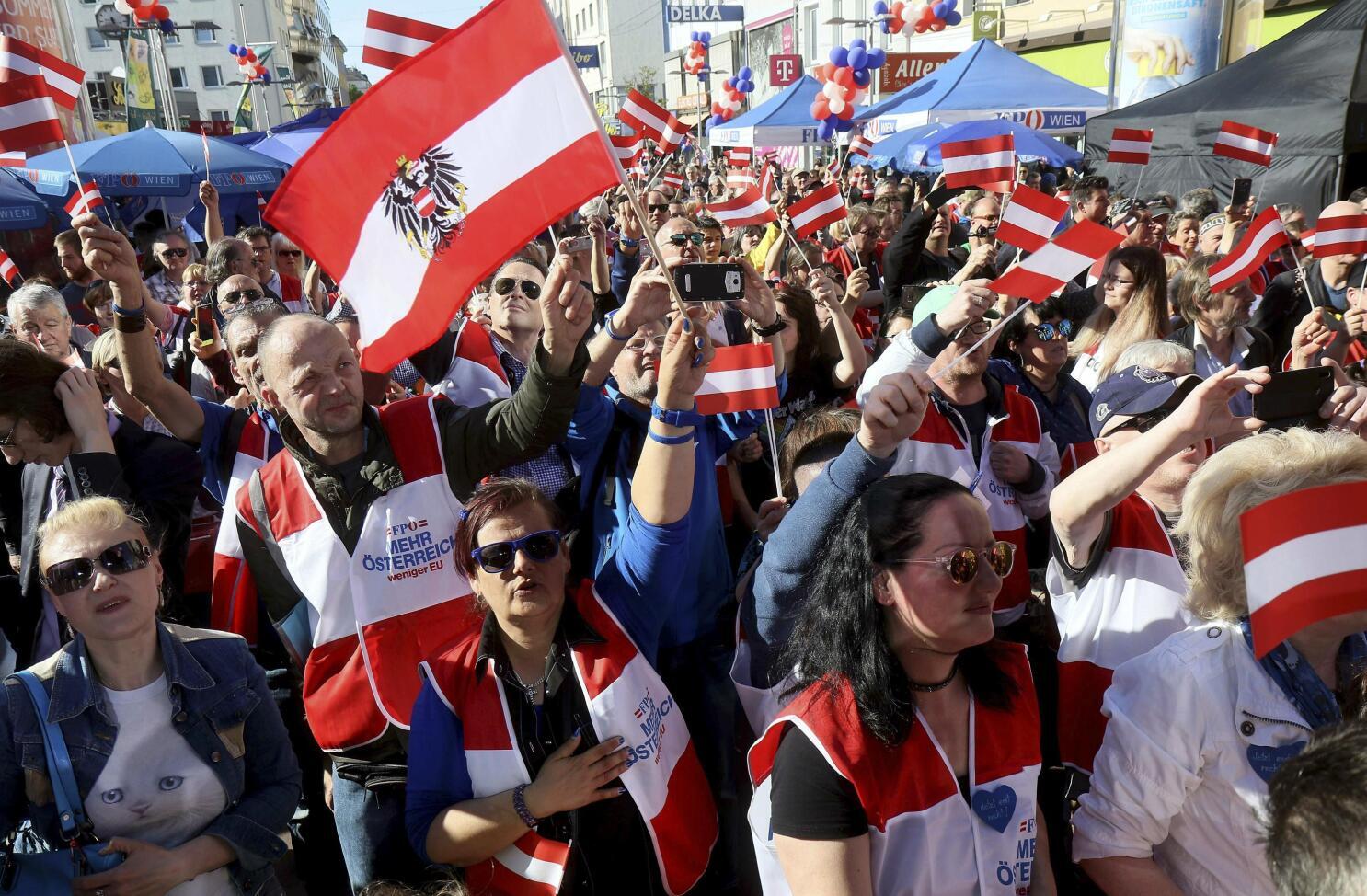Austria is poised for an important election this Sunday, with the populist and anti-immigration Freedom Party (FPÖ) likely to secure a substantial victory. This anticipated success reflects a broader trend of increasing far-right influence across Europe. Although current polls indicate that the FPÖ may not achieve an outright majority, its established history in coalition governments adds a layer of complexity, as rival parties could unite to limit its power.
The FPÖ is often described as the “grandfather of European far-right parties,” promoting an agenda that includes anti-migrant sentiments, Euroscepticism, and skepticism toward vaccination efforts. Provocative slogans, such as “homeland love instead of Moroccan thieves,” underscore the party’s core messages.
Political scientist Benjamin Biard notes that while the FPÖ shares characteristics with other far-right parties like France’s National Rally and Italy’s Lega, its deep political roots in Austria set it apart from newer far-right movements.
Since its founding in 1956, the FPÖ has undergone various ideological shifts. Initially focused on Pan-Germanist ideas to revive National Socialism, the party adapted over the decades, achieving recognition as a legitimate political player by the early 1980s. The leadership of Jörg Haider in the late 1980s marked another transformation for the FPÖ, as he adopted a populist style that resonated with voters, leading to significant electoral gains and a coalition with the Austrian People’s Party (ÖVP) in 1999.

Austria’s Election Set to Boost Far-Right Freedom Party Amid Rising Populism and Coalition Uncertainty
In recent years, the FPÖ has faced scandals that have impacted its standing, particularly during its coalition with the ÖVP, which collapsed in 2019 due to the “Ibiza-gate” scandal involving then-leader Heinz-Christian Strache. Herbert Kickl, who took over leadership in 2021, has pursued a hardline agenda, making controversial statements that evoke the party’s past while emphasizing immigration and security concerns.
Key issues for voters in the upcoming election include the cost of living, immigration, climate change, and the ongoing war in Ukraine. Austria has grappled with economic challenges, including high inflation and slow growth, making these issues especially pertinent. The FPÖ has successfully capitalized on these voter concerns by pledging stricter immigration policies and proposing economic measures aimed at supporting low-income workers.
The party’s position on the European Union is contentious; it opposes EU sanctions against Russia and argues for continued reliance on Russian gas supplies. This stance contrasts with the current coalition government’s efforts to reduce Austria’s dependence on Russian energy. Furthermore, the FPÖ has gained traction by appealing to disillusioned voters who feel overlooked by the political mainstream, particularly in the wake of the COVID-19 pandemic.
Polling indicates that the FPÖ is likely to receive around 27% of the vote, leading ahead of the ruling ÖVP at 25% and the center-left Social Democrats (SPÖ) at 20%. If the FPÖ does win, it is expected to seek a coalition with the ÖVP, although Chancellor Karl Nehammer has expressed hesitance about partnering with Kickl, citing concerns over conspiracy theories associated with him.
Political analysts are considering several potential outcomes from the election. A coalition between the ÖVP and SPÖ is seen as a viable alternative if they secure enough seats, potentially sidelining the FPÖ. However, some experts suggest that the FPÖ could still play a significant role in a future government, which would increase the influence of the far-right not only in Austria but also throughout Europe.
